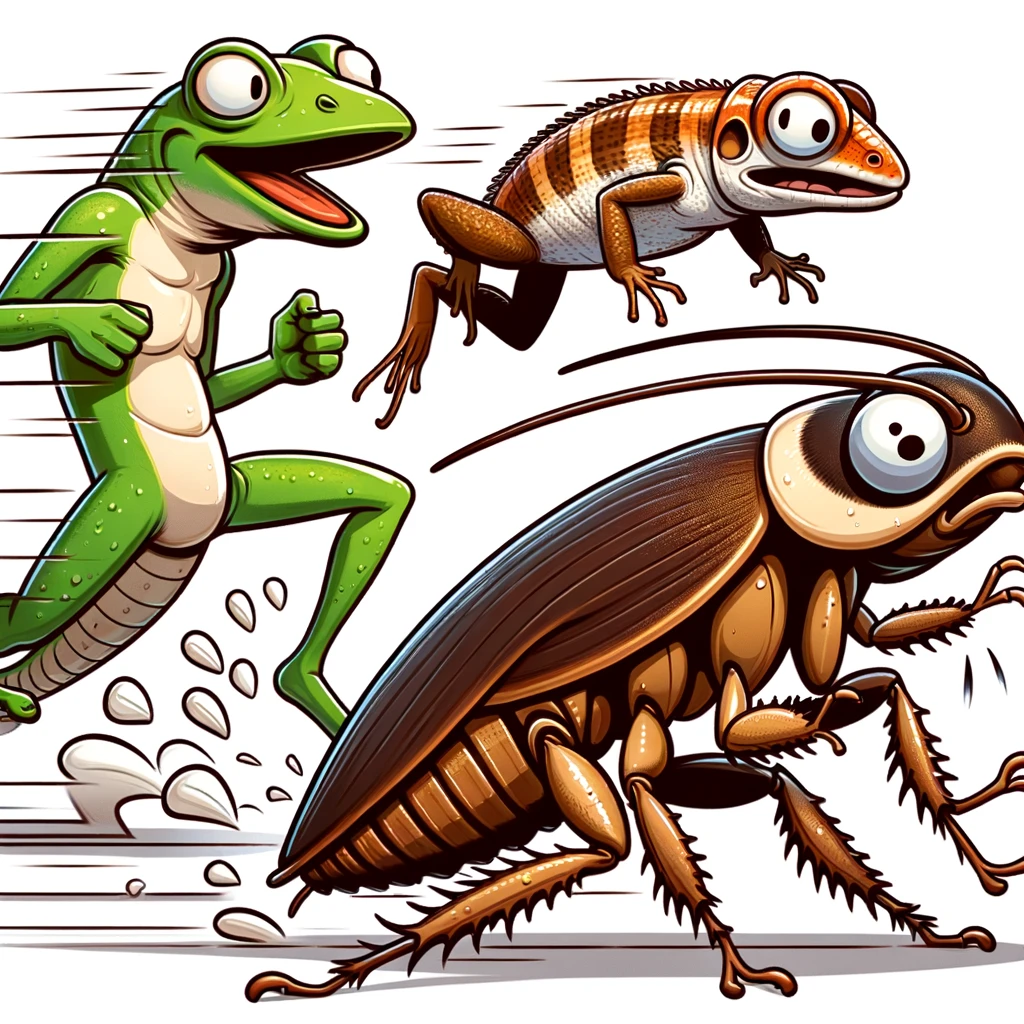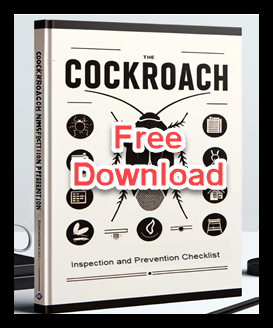Nature’s Pest Control: What Eats Cockroaches?
 A Guide to Leveraging Natural Predators for Cockroach Management
A Guide to Leveraging Natural Predators for Cockroach Management
In the battle against cockroach infestations, understanding the natural ecosystem can provide effective strategies for pest control. Numerous predators feast on cockroaches, playing a crucial role in managing their populations. What eats cockroaches? This guide explores the natural enemies of cockroaches and how leveraging these predators can contribute to cockroach management and ecosystem balance.
Nature’s Pest Control: What Eats Cockroaches?
Cockroaches, despite their notorious resilience, fall prey to various predators in the wild. Here’s a look at some of nature’s most efficient cockroach hunters:
Insect Predators
- Spiders: Many spider species are adept at capturing and consuming cockroaches.
- Centipedes: These arthropods are nocturnal hunters that can take down larger prey, including cockroaches.
- Praying Mantises: Known for their predatory efficiency, praying mantises can prey on cockroaches among other insects.
Reptiles and Amphibians
- Lizards: Geckos and other small lizards frequently eat cockroaches, making them natural allies in pest control.
- Frogs and Toads: These amphibians consume a wide range of insects, including cockroaches, especially in garden and outdoor settings.
Birds
Various bird species, especially those that forage on the ground or in urban settings, may include cockroaches in their diet.
Mammals
- Rodents: Mice and rats, although not ideal to encourage due to their own pest status, sometimes eat cockroaches.
- Bats: In areas where bats are prevalent, they can help control outdoor cockroach populations.
Leveraging Natural Predators for Cockroach Management
Incorporating natural predators into your pest control strategy requires a balanced approach, ensuring that you do not introduce new pest problems. Here are some environmentally friendly ways to leverage nature’s pest control:
- Encourage Beneficial Insects: Maintaining a garden that attracts predatory insects like praying mantises and spiders can help control cockroach populations outdoors.
- Attract Birds: Bird feeders and baths can attract insectivorous birds that feed on cockroaches.
- Foster a Healthy Ecosystem: A biodiverse environment naturally regulates pest populations, including cockroaches, through the action of predators.
Ecosystem Balance and Cockroach Predators
Knowing what eats cockroaches and relying on natural predators to control cockroach populations highlights the importance of ecological balance. By understanding and supporting the roles of these predators, we can develop more sustainable approaches to pest management that minimize the need for chemical interventions.
Conclusion
While cockroaches have adapted to survive in various environments alongside humans, their natural predators play a critical role in keeping their populations in check. By fostering environments that support these predators, we can leverage nature’s own mechanisms for pest control, contributing to a healthier, more balanced ecosystem.
- The Life Span of a Cockroach
- Do Cockroaches Eat Clothes?
- Do Cockroaches Have Teeth?
- Shrimps and Cockroaches
- Will Sleeping with the Light On Keep Cockroaches Away?
- How to get roaches out of your car overnight
- Do Cockroaches Feel Pain?
- How Many Legs Do Cockroaches Have?
- Comparing Cockroach Eggs Size for Different Types of Cockroaches
- Identifying a Cockroach Bite on the Lips or Face
- Black Water Bug Identification and Control
- Why Do Water Bugs Come Out At Night?
- What Does Roach Rash Look Like?
- Can Cockroaches Bite Your Eyelid?
- Can Cockroaches Live in Your Balls?
- How did cockroaches get their name?
- Why Do Cockroaches Shed Their Skin?
- What Smell do Palmetto Bugs Hate?
- Baby Palmetto Bug: Identification and Control
- Cockroach Eggs vs Poop: How to Tell the Difference
- How to Get Rid of Water Bugs
- How Long Can a Cockroach Live Without Air?
- The Lifecycle of the German Cockroach: From Egg to Adult
- Do Mice Eat Roaches
- Wood Roach vs. Cockroach

